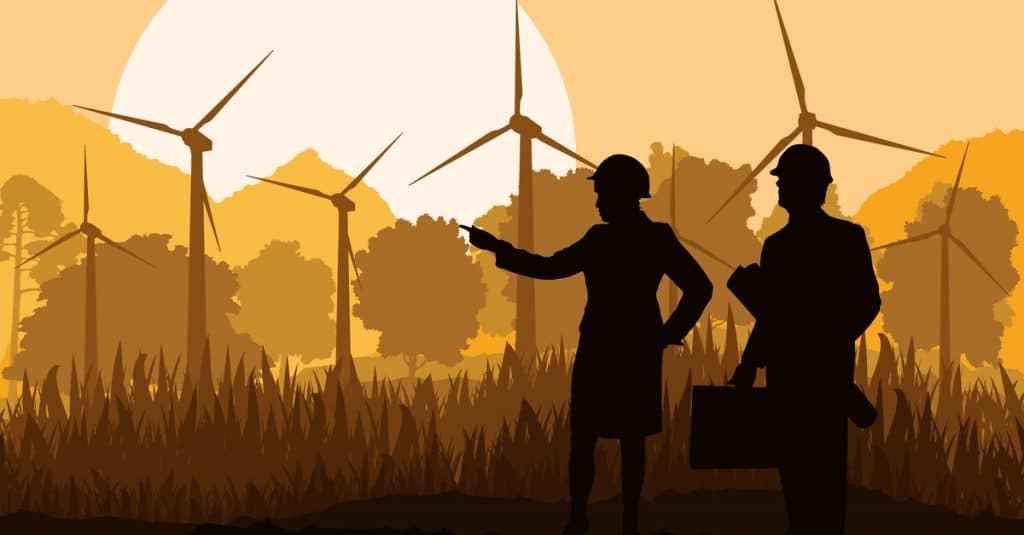The Ghana youth environmental movement (GYEM) is uneasy with the delay in the implementation of the national renewable energy development policy. Adopted by parliament and sanctioned by the President of the Republic in 2011, the law that provides the legal basis for tax incentives and the regulatory framework to attract investment for the development, use and efficient management of renewable energy resources in Ghana is still lagging behind. The main provisions of the document, such as the establishment of a renewable energy authority to oversee the implementation of projects and activities in the country, as well as the establishment of a fund for the development, promotion and use of renewable energy resources in Ghana, were never implemented seven years later.
For Gideon Commey, the coordinator of GYEM (an association of young Ghanaians who defend the environment), it is urgent that the media take a close interest in the issue if we want to get state actors and institutions to speed up the implementation of key provisions of the law. “Media networks and journalists in Ghana need to be sensitised concerning the renewable energy sector in order to relaunch debates and report on them,” said Commey. In this context, GYEM, urges key stakeholders from the private sector, civil society, state actors including institutions such as the Energy Commission, the Ministry of Energy and others, to fully involve the media in the renewable energy extension process in Ghana.
The target set for renewable energy in the national energy policy is to reach 10% of total energy production in the country by 2020. Specifically, 150 MW to 300 MW of small and medium-sized hydropower plants, two million solar lanterns, 30,000 solar kits, 20 MW to 26 MW of biomass and residual energy capacity, 150 MW to 250 MW of wind power for industry and 50 MW to 150 MW of solar capacity for utilities will be needed.
Boris Ngounou
